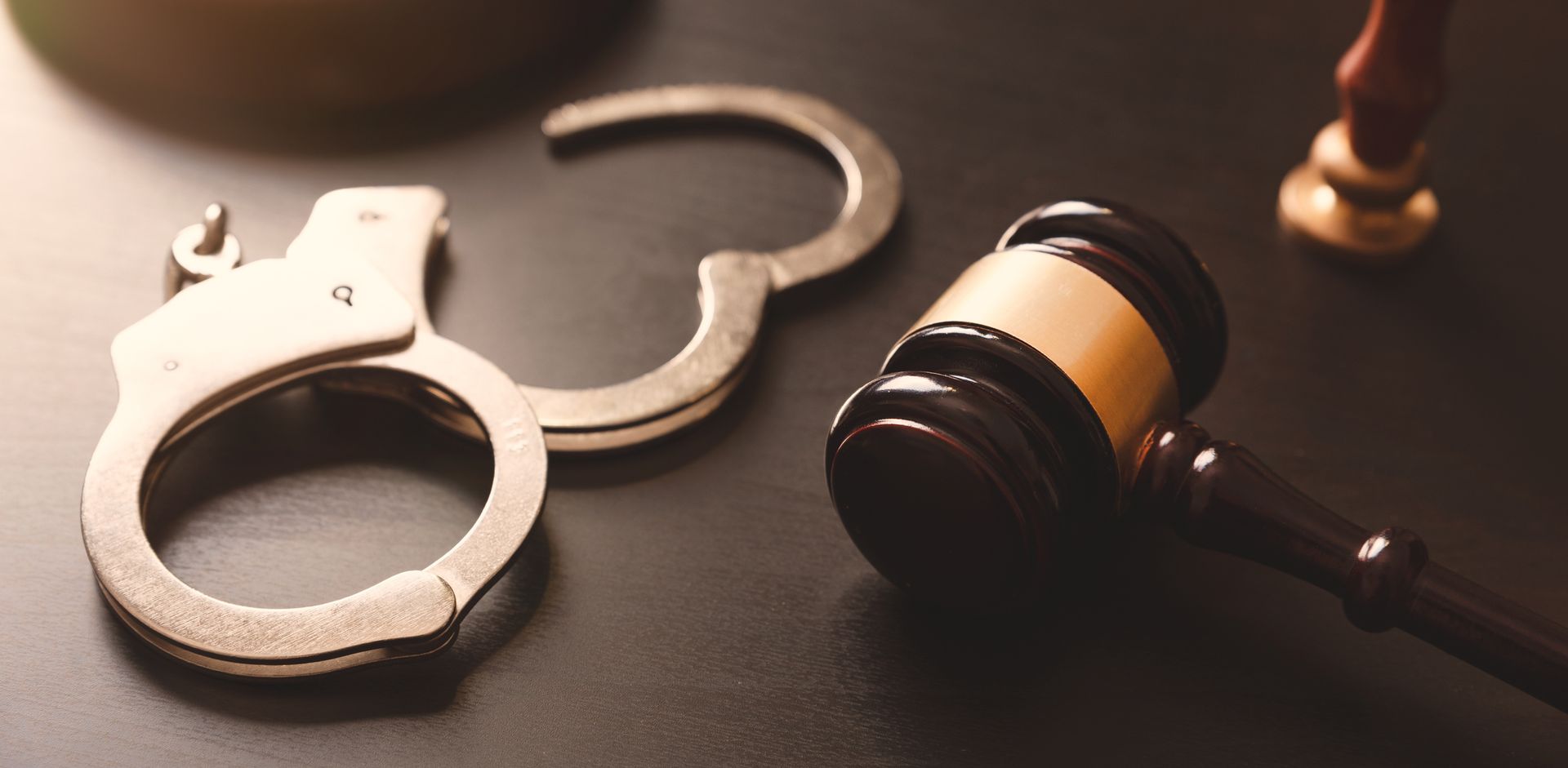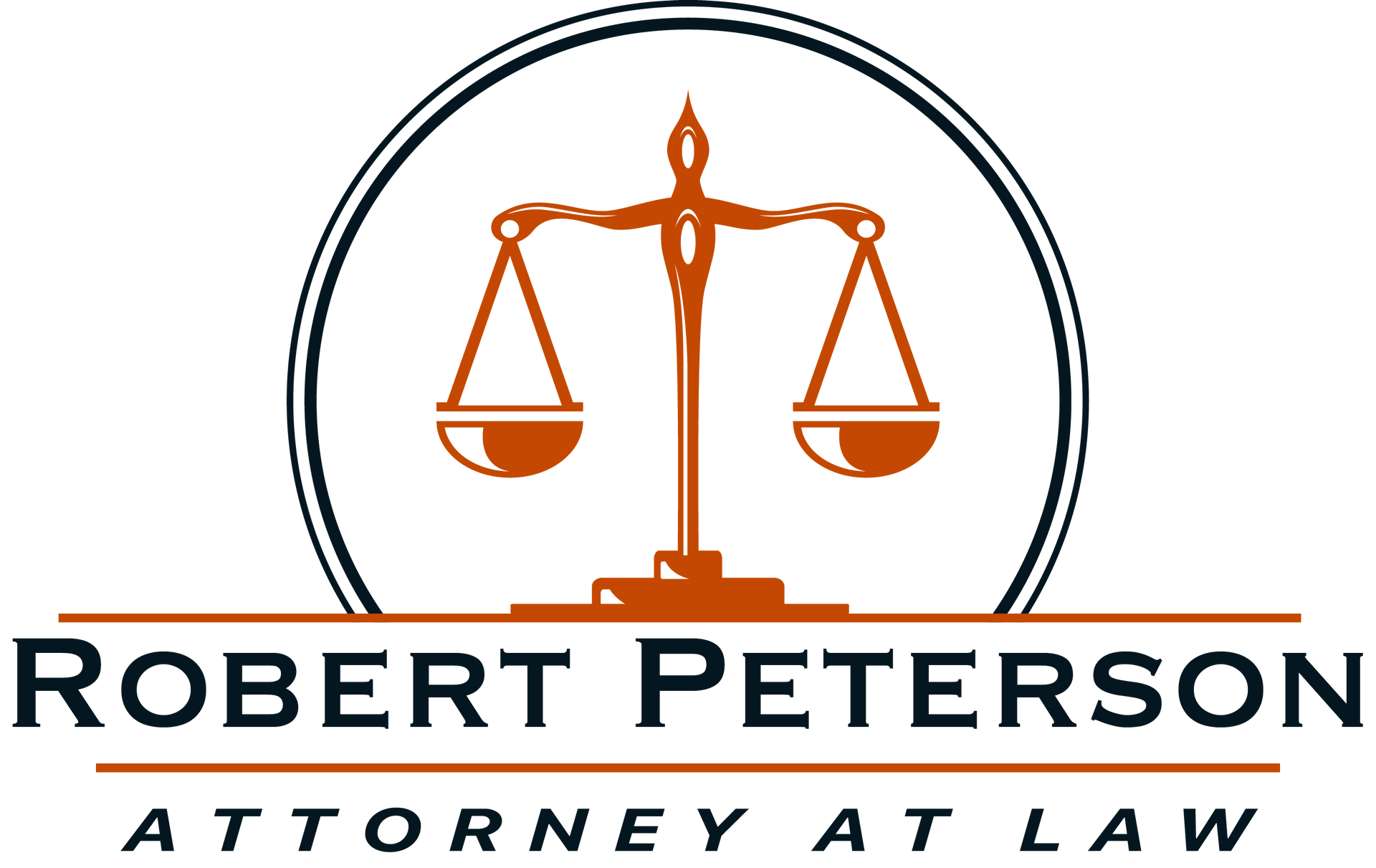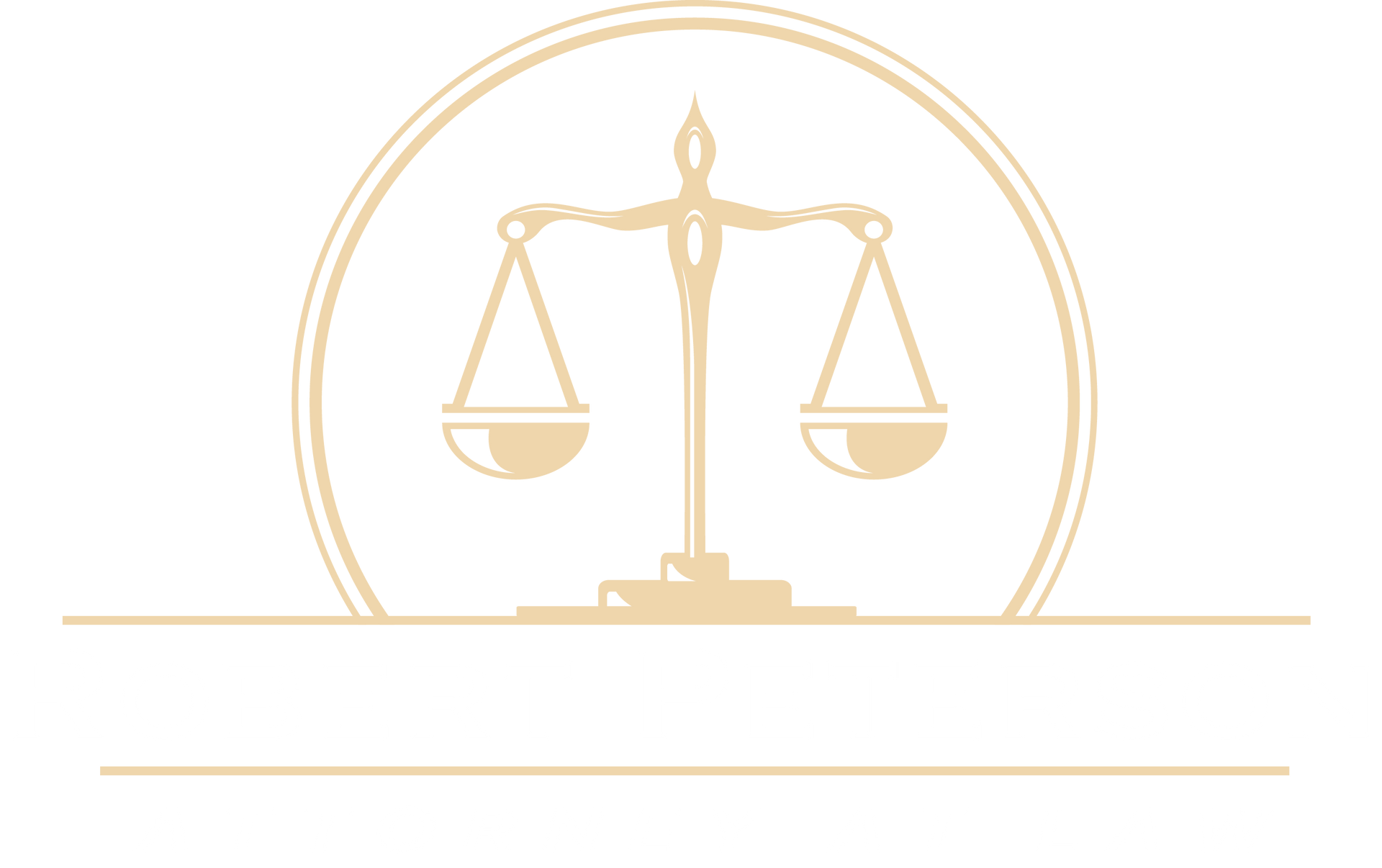Understanding Michigan Probation Violations

Understanding Michigan Probation Violations
Probation is a critical component of the criminal justice system in Michigan, offering individuals an opportunity to serve their sentences within the community rather than in incarceration. It is designed to rehabilitate offenders while ensuring public safety and reducing the burden on the prison system. However, probation comes with strict conditions that must be adhered to, and violations can lead to serious legal consequences.
Common Reasons for Probation Violations in Michigan
Probation violations occur when an individual fails to comply with the terms set by the court. In Michigan, some of the most common reasons for probation violations include:
- Failure to Report to a Probation Officer: Regular meetings with a probation officer are typically required, and missing these appointments can be considered a violation.
- Failing Drug/ Alcohol Tests: Many probation terms include a requirement to remain drug and alcohol free, and failing a drug/alcohol test is a frequent cause of violations.
- Committing New Offenses: Engaging in criminal activity while on probation is a serious violation that can lead to additional charges and penalties. Not only do you face penalties on the new charges, but you can face the remaining time left on the original charge.
Basic Rights of the Probationer
The probationer has basic rights which are detailed on SCAO form MC 446. These basic rights are:
1. Written notice: To receive written notice of the probation violation(s)
2. Plead: To plead guilty, not guilty, or to stand mute. If the probationer stands mute, a not guilty plea will be entered the court. If you plead guilty and your plea is accepted, you will give up the right to a contested hearing and a lawyer’s assistance at the contested hearing.
3. Hearing: To contest the charge(s) at a hearing. The court must set a reasonably prompt hearing date or postpone the hearing. If a probationer is being held in custody for an alleged probation violation, the probation violation hearing must be held within the permissible jail sentence for the probation violation, but in no event longer than 14 days after the arrest or the court must order the probationer released from that custody pending the hearing. If the alleged violation is based on a criminal offense that is a basis for a separate criminal prosecution, the court may postpone the hearing for the outcome of that prosecution.
4. Attorney: to have an attorney assist at the hearing and at all subsequent court proceedings. You have the right to a lawyer appointed at public expense if you want a lawyer and you are financially unable to retain one. The appointing authority will decide if you are indigent and appoint a lawyer if you are eligible. If you are able to pay part of the cost of a lawyer, the court may require you to contribute to the cost of providing a lawyer and may establish a plan for collecting the contribution. You may contest your ability to pay the ordered fees if the court attempts to collect any costs for a lawyer, and the court must determine your ability to pay at that time.
The Legal Process Following a Probation Violation
When a probation violation is alleged, the individual will typically face a probation violation hearing. This process involves:
- Notification: The probationer will receive a notice of the alleged violation and the date of the hearing. The probationer has the right to an attorney to protect his rights during the hearing.
- Arraignment: At the arraignment, the court must inform you whether the alleged violation is charged as a technical or non-technical violation of probation, and the maximum possible jail or prison sentence.
- A “technical probation violation” means any violation of the terms of a probation order, including missing or failing a drug test, excluding the following (which are nontechnical violations):
- A violation of an order of the court requiring that a probationer have no contact with a named individual.
- A violation of a law of this state, a political subdivision of this state, another state, or the United States or of tribal law, whether or not a new criminal offense is charged.
- The consumption of alcohol by a probationer who is on probation for a felony violation of MCL 257.625 (OWI offenses).
- Absconding, defined as the intentional failure of a probationer to report to his or her supervising agent or to advise his or her supervising agent of his or her whereabouts for a continuous period of not less than 60 days.
- Hearing: During the hearing, the court will determine whether a violation occurred. At a contested violation hearing:
- The evidence against you must be disclosed to you.
- You have the right to be present at the hearing, to present evidence, and to examine and cross-examine witnesses.
- The court may consider only evidence that is relevant to the violation alleged, but it need not apply the rules of evidence except those pertaining to privileges.
- The prosecuting attorney’s burden of proving a violation is by a preponderance of the evidence, not beyond a reasonable doubt.
Consequences: If a violation is found, the court may impose various penalties, including:
- modifying probation conditions,
- extending the probation period,
- imposing additional conditions, or
- revoking probation and ordering incarceration.
- Fines, costs, and other financial obligations imposed by the court must be paid at the time of assessment, except when the court allows otherwise, for good cause shown. If you are not able to pay due to financial hardship, contact the court immediately to request a payment alternative. MCR 6.425(D)(3).
Nontechnical violations can be punished up to the remaining term left on the underlying sentence.
Technical violations can be punished according to MCL 771.4b.
- For a probation in which the probationer was found guilty or pleaded guilty to a misdemeanor offense:
o For a first technical violation, incarceration may be ordered for not more than 5 days
o For a second technical violation, incarceration may be ordered for not more than 10 days
o For a third technical violation, incarceration may be ordered for not more than 15 days
o For a fourth or subsequent technical violation, incarceration may be ordered for any number of days, but not exceeding the remaining eligible jail sentence
- For a probation in which the probationer was found guilty or pleaded guilty to a felony offense:
o For a first technical violation, incarceration may be ordered for not more than 15 days
o For a second technical violation, incarceration may be ordered for not more than 30 days
o For a third technical violation, incarceration may be ordered for not more than 45 days
o For the fourth or subsequent technical violation, incarceration may be ordered for any number of days, but not to exceed the remaining eligible jail or prison sentence
Tips to Avoid Probation Violations
To successfully complete probation, individuals should:
- Maintain Open Communication: Regularly communicate with your probation officer and promptly report any issues or changes in circumstances.
- Adhere to All Conditions: Understand and follow all the terms of your probation, including attending required programs and avoiding prohibited activities or substances.
- Stay Informed: Keep track of all appointments, deadlines, and requirements to ensure compliance.
- Attend all Meetings with your Probation Officer: Attend all appointments or meetings with your Probation to ensure compliance.
The Role of a Criminal Defense Attorney
A criminal defense attorney plays a vital role in defending against probation violation allegations. They can:
- Provide Legal Advice: Help you understand the terms of your probation and the implications of any alleged violations.
- Represent You in Hearings: Advocate on your behalf during probation violation hearings to ensure your rights are protected.
- Negotiate Outcomes: Work to achieve the best possible outcome, whether that means contesting the violation or negotiating alternative penalties.
Conclusion
Understanding and complying with the terms of probation is crucial to avoid further legal issues. By staying informed and proactive, individuals on probation can successfully navigate their obligations and work towards a positive future. If you face allegations of a probation violation, seeking the guidance of an experienced criminal defense attorney can make a significant difference in the outcome of your case.
You can contact: Robert Peterson, Attorney at Law, P.C. to discuss your probation violation issues.



